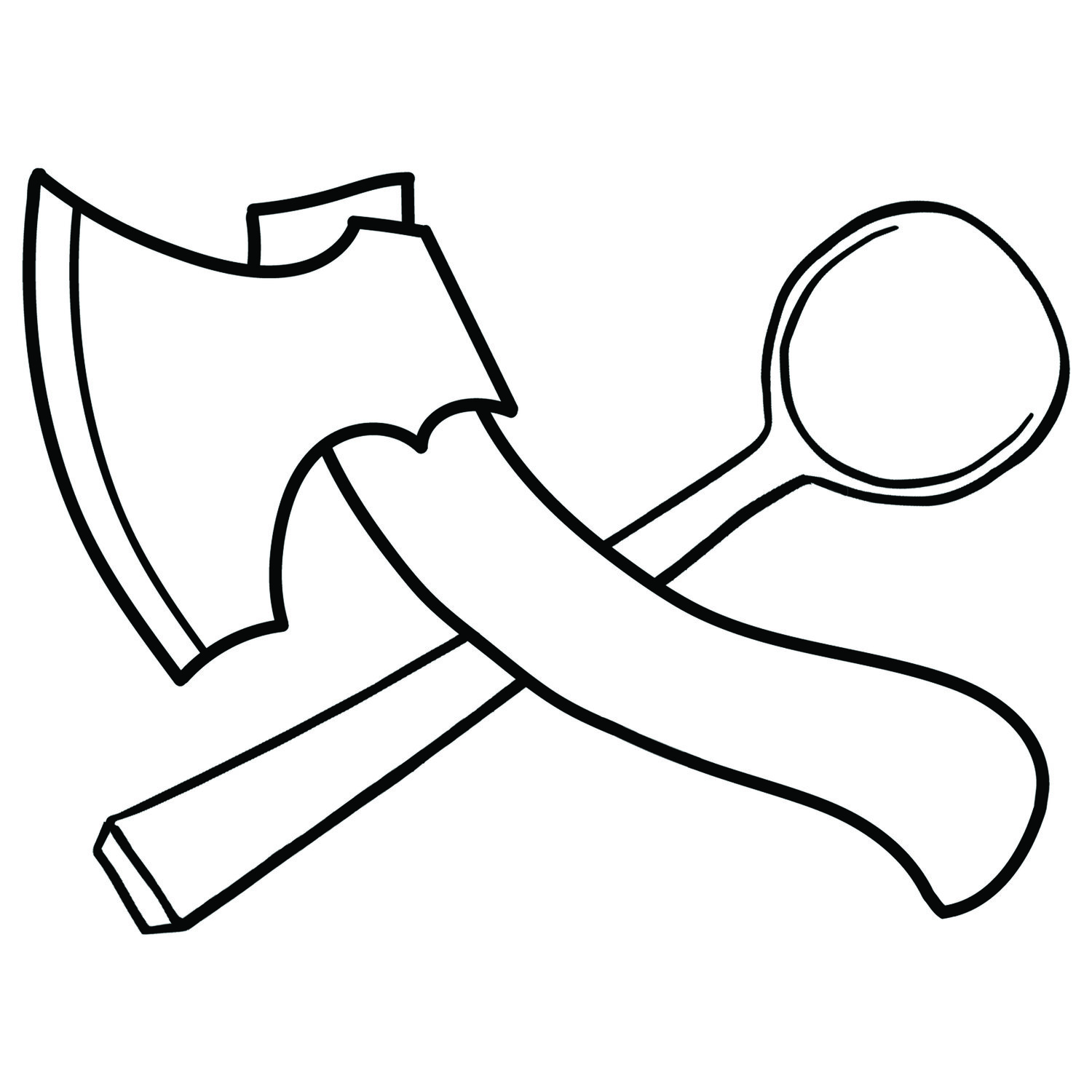Simple Pleasures
“I'd rather have roses on my table than diamonds on my neck.”
― Emma Goldman
If we were able to somehow measure where our happiness comes from, I suspect most of it originates from the little things in life. The first cup of coffee in the morning, the feeling of thick socks, warm sunlight.
We romanticise momentous occasions as the things that bring true happiness. Ask someone what makes them happy and it's the big things you're likely to hear. Things such as holidays to exotic lands, meals in fancy restaurants and big gatherings of friends and family. These can, and do, bring us high levels of joy. However they tend to happen infrequently. Especially compared to all the other opportunities for happiness that exist in our lives.
In my kitchen, there are plenty of handmade cups, plates, bowls and spoons. Almost all of them were made by folk I know personally, or at least have met face-to-face. I also have mass produced tableware. The mass produced stuff works, but in a so-so manner. It certainly doesn't provide an opportunity for a small moment of happiness like the handmade items do.
When I use the handmade tableware, the experience of eating and drinking goes beyond just the food and drink. The cups, plates, bowls and spoons contribute as well. They work better than the industrially produced plates and cutlery. They feel good in the hand and invoke memories of the person that made them. As most of them are wooden, they also connect me to the natural world in a way steel and ceramics don't.
Using handmade vessels and utensils can create an opening in our lives for the appreciation of simple pleasures to slip in. A well made wooden spoon is a joy to use. With that realisation, we might start thinking about what other overlooked things in our lives are actually a source of enjoyment for us. The things that are unlikely to make our hearts soar, or have us singing from the rooftops. The things that simply make life a little bit better. These simple pleasures add up, and are actually the source of most of our day-to-day happiness.
For me, this is a hugely motivating factor in making simple woodenware for use in the home and kitchen. I want to give people these opportunities for moments of little pleasure. Using hand tools to individually craft every item, rather than creating a design that a machine can mass produce, I'm able to make a more comfortable cooking spoon. I can subtly change the shape of a bowl to better work with the grain of the wood available. By leaving in the tool marks, my work has the story of how it was made written on its surface. The tool marks are smooth, but with an edge, creating facets than invite a quick fondle.
These items are better to use than industrially mass-produced versions. Their use brings simple enjoyment. The activity of drinking becomes an enjoyable part of the drink. Cooking is more pleasurable with a utensil that works well and is a pleasure to hold. They help us more completely enjoy the activity they facilitate.
I want people to touch my work, to gently caress it. To get to know it through touch, as well as sight. Wood is a wonderful material to cosset and coddle. We're rarely far from wood. Often its there, standing as entish sentinels. When encased in a tree, we don't get to see the colour and patterns in wood. The bark can give hints at what lies beneath, but the exact nature of it is a mystery. Seeing it exposed as a cutting board, spoon or tabletop we glimpse into a previously hidden world of swirls, flecks and lines.
Interacting with wooden items, we can imagine the life they had before. We might know the tree species, or have a go guessing it. We could picture it as a mature tree. One struck by lightening that unfortunately had to be removed lest it fall over. We know that trees exist on a timescale completely different to our own. If a person lives 80 years, they've done well. Most trees have average lifespans that last hundreds of years. 80 years old, and many trees are barely out of infancy. The bowl we're holding might have wood in it that grew around the time Abraham Lincoln was elected president of the United States.
Through an object as simple as a wooden bowl, our minds can be awoken to the wonders of nature, the beauty of craft and the inherent creativity of humanity. It takes time and effort to bring these realisations to the forefront of our minds, but they lurk in our subconscious. They are the reasons why we enjoy these simple pleasures - the link they create to understanding what makes a good life.
It's impractical to try to contemplate the cosmos every time you eat cornflakes. But every now and then, when you find yourself enjoying a moment, delve deeper into it. Follow those fleeting thoughts of happiness and find out what it is about reading an actual magazine that you find so enjoyable. Why do you find watching clouds race across the sky on a windy day invigorating? What makes the first bite of a crisp apple so satisfying? Why is it so nice to slip on your favourite jumper, even though it's a little stained and has a hole in the elbow? For it's these little pleasures that actually make a happy life.
